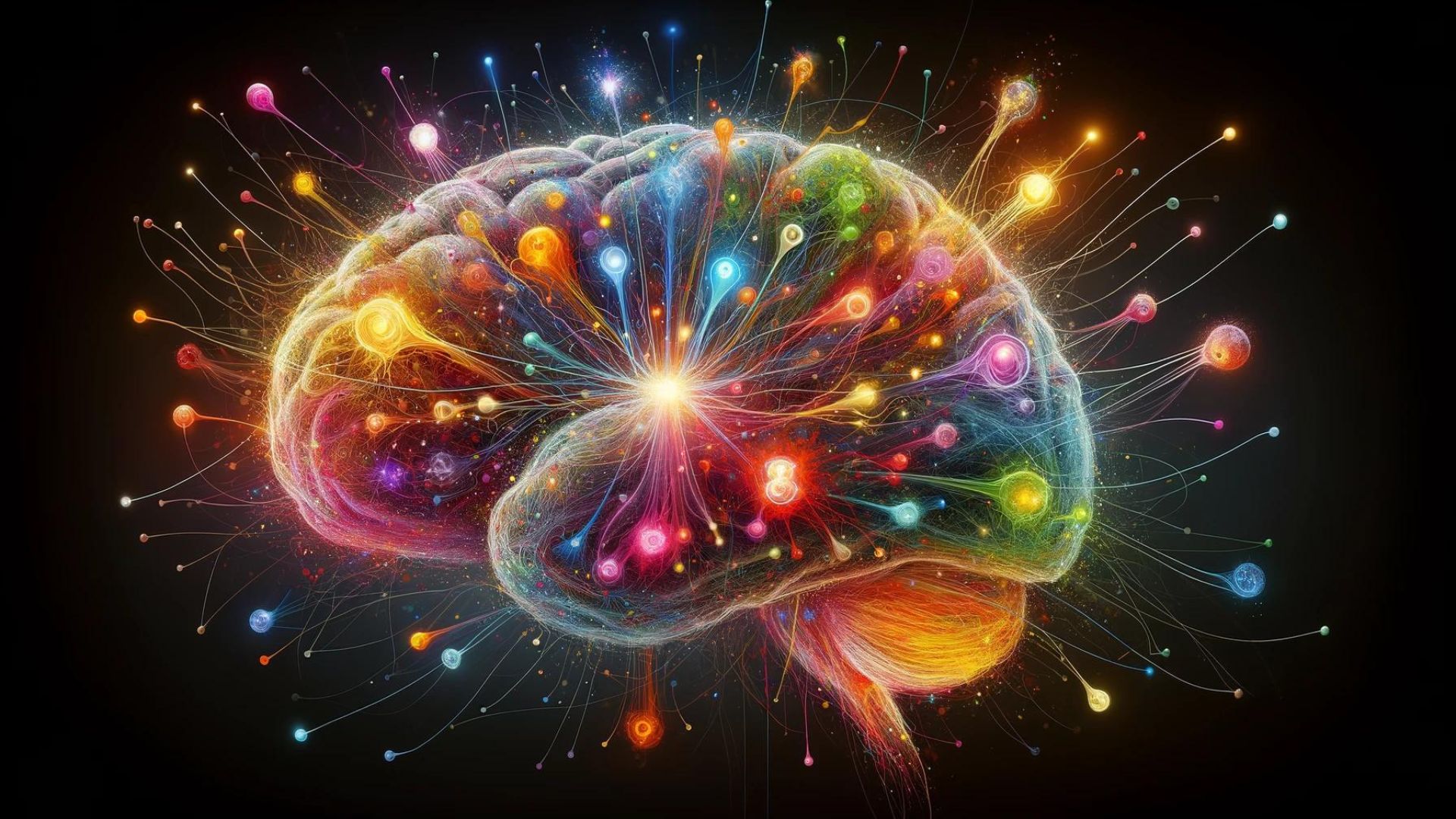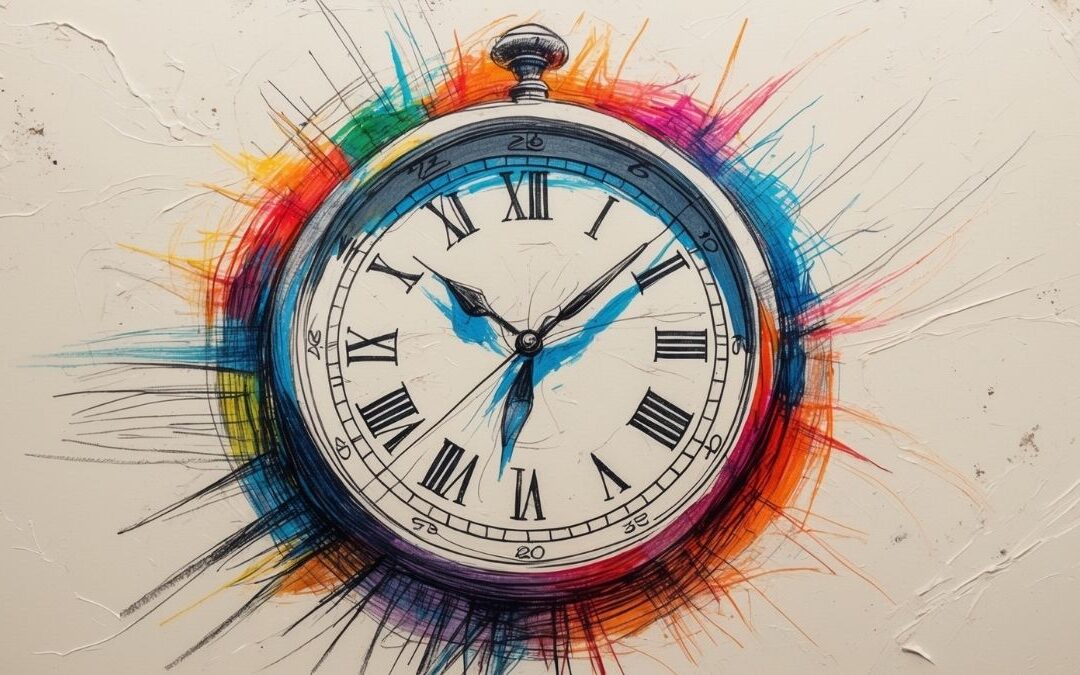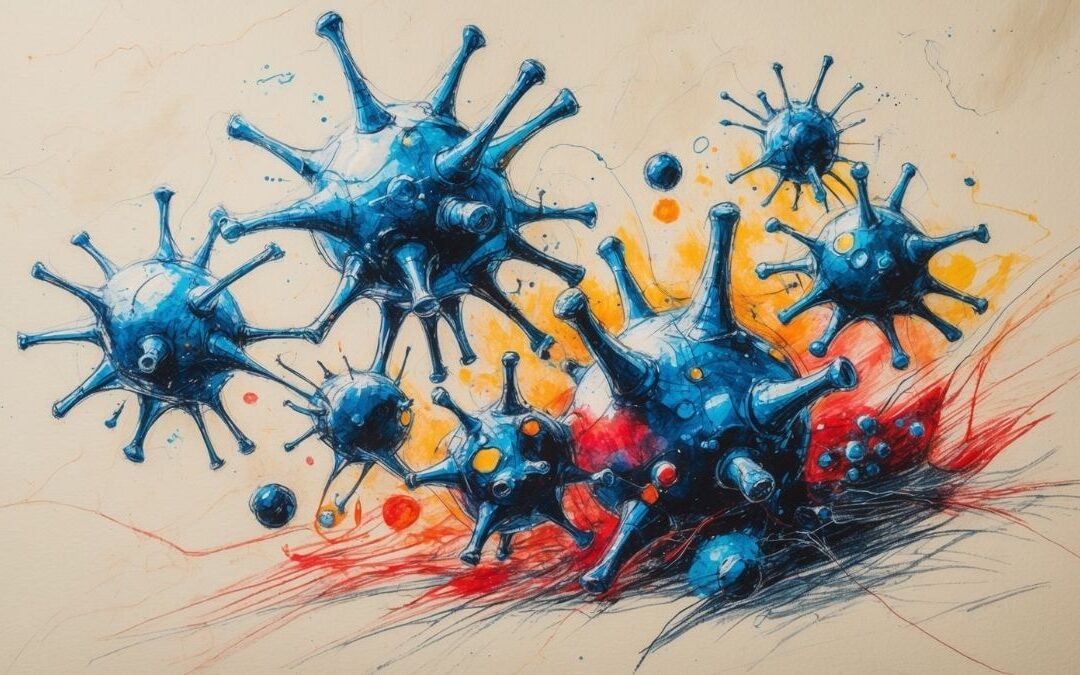Did you know that your strongest memories are often linked to strong emotional events?
Think back to a childhood birthday party filled with pure joy, a moment of intense fear, or the heartbreak of a lost friendship. Chances are, these memories stand out in your mind with vivid clarity. They’re more than just recollections; they’re infused with the feelings you experienced at the time. But why do our emotions have this power over our memories?
The Emotional Memory Connection
Neuroscientists have uncovered a fascinating link between our emotions and the way our brains form and store memories. Here’s what happens:
- The Amygdala’s Role: The amygdala, a small almond-shaped structure in your brain, is your emotional command center. During highly charged experiences, it lights up with activity.
- Hormone Surge: The amygdala triggers the release of hormones like adrenaline, which enhance memory consolidation, making these memories stronger and more detailed.
- Adding Sensory Context: It’s not just about the event itself. Our brains weave together all the sensory details surrounding the emotional experience – the sights, smells, sounds – creating a richly textured memory.
The Power (and Price) Of Emotional Memories
This heightened memory for emotional experiences has both benefits and drawbacks:
- Evolutionary Advantage: Remembering emotionally significant events likely helped our ancestors learn from dangerous situations or identify positive resources.
- Trauma’s Mark: Unfortunately, the same mechanism imprints traumatic events deeply into our minds, contributing to conditions like PTSD.
- Everyday Impact: Emotions influence our memories in subtler ways too. A happy mood might make you recall positive experiences, while sadness can color your thoughts with more negative moments.
Understanding Your Memories
Recognizing the power of emotions over memory can help us:
- Process Experiences: Understanding why certain events stick with us can offer insight into our own emotional responses.
- Appreciate Vivid Memories: Whether joyful or painful, emotionally charged memories add richness and depth to our life stories.
- Seek Support: If memories of traumatic events are causing distress, seeking professional help is crucial.
The Takeaway
The next time a memory flashes into your mind with striking clarity, ask yourself – what was the emotional charge behind that experience? By understanding the connection between feelings and recall, we gain a deeper perspective on the tapestry of our own minds.










0 Comments